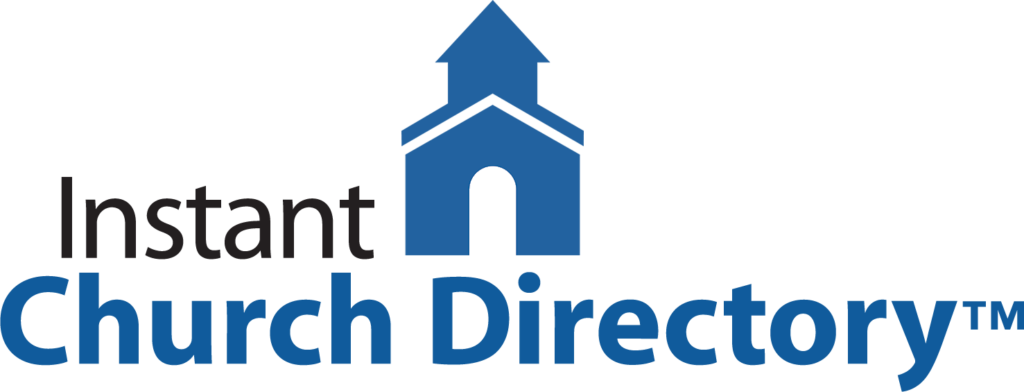By Josh Breland
Churches large and small are constantly doing projects. Project management software can help. But, first, what is a project?
According to the Project Management Institute, it’s a temporary endeavor undertaken to create a unique product, service or result. A project is temporary in that it has a defined beginning and end in time, and, therefore, defined scope and resources.
Church events, promotional campaigns, benevolence initiatives, new ministry launches, deploying a new church management software, etc. are all projects.
Project management software allows church leaders to define projects and project tasks, as well as assign project team members to the project.
Here are a few reasons your church should be using project management software.
Collaboration
An all-too-common threat to church health is the dreaded ministry silo. Project management software can help ministry teams break down silos and collaborate like never before.
With a great software program, ministry teams can view work breakdown structures, schedules, key metrics (such as hours worked) and ongoing updates and deliverables.
Ministry staff can easily respond to work submitted by others, increasing the speed and effectiveness of iterative projects like sermon art, special event schedules, etc.
Collaboration is often very difficult in churches large and small. Project management software can help.
Delegation
One of the most difficult tasks of church leadership is delegation. Church leaders need to be able to delegate efficiently and effectively.
With project management software, church leaders can delegate work to individual team members and easily provide context, due dates, and even dependencies on other projects.
For example, if you need to assign a task to an assistant that is dependent upon the completion of a task by another team, you can assign the assistant’s task to only be pushed out upon completion of the other team’s work. Your assistant will thank you.
Accountability
Accountability is difficult in church work. Too often, tasks and assigned work comes out of hallway conversations and long and winding meetings.
With project management software, church leaders can easily know what has been assigned and when it is due. When needing to hold a team member accountable, software provides an objective record of what was expected and by when.
Church staff will appreciate the clarity and questions answered by a structured task management system. It is truly a win-win for church leaders and staff.
What is holding you back from adopting project management software for your church? Not sure where to start?
4 Great Options
If you are leading multiple projects within your church, you would probably benefit from project management software. If you are using spreadsheets or basic task software like Google Sheets or Trello, it may be time for you to adopt a more robust tool like one of the proven options below.
As a leader of a team, one feature I love is the metrics tracking on projects and people. You can easily view how many hours the project team spent on Christmas promotion or see how many hours a staff member is spending on a particular category of work. These features alone are incredibly helpful for project planning and better stewarding time.
- Asana
You don’t have to waste time shuffling between meetings, email, chat, and spreadsheets to coordinate and manage all of your teams’ work. Asana organizes everything from company objectives to routine tasks in one place so teams are clear about priorities and responsibilities, and you can monitor progress in real time to keep projects on track. Say goodbye to endless email chains and last-minute scrambles, and say hello to helping your team move faster and make a bigger impact. (Capterra)
- Teamwork Projects
Manage people, not tools. Teamwork Projects is project management software for people who want to own the big picture. With all the features you need to plan, collaborate on, and deliver your work, it takes care of the details so your teams’ talents are freed up to achieve the results that matter to your business. Use Teamwork Projects to manage everything from delivering client projects, to executing marketing campaigns, to sprint planning and product launches. (Capterra)
- monday.com
monday.com, an award-winning project management tool, helps teams plan together efficiently and execute projects that deliver results on time. Its ease of use and flexibility means fast onboarding for your team and the ability to manage your work your way. With powerful productivity features such as time tracking, automated notifications, customizable workflows, dependencies, timeline views and integrations, your team can achieve better and faster results for every project milestone. (Capterra)
- Wrike
Wrike is the perfect project management tool for teams of 20+. It comes with enterprise-level security and scalability. Project Managers, Product Managers and Program Managers love these features: Gantt charts, Workload View for resource management, Custom Dashboards, structuring via Folders, Projects, and tasks and auto-assignment based on task statuses. On a marketing or creative team? Wrike for Marketers is a separate product with tailored templates, proofing tools and an Adobe extension. (Capterra)
Regardless of your staff size, if you are leading multiple projects with even a few project team members, these four tools can radically improve team performance, project management, and overall project success.
Josh Breland started Churchlytics to equip church leaders with analytics dashboards and strategy, www.churchlytics.com.










